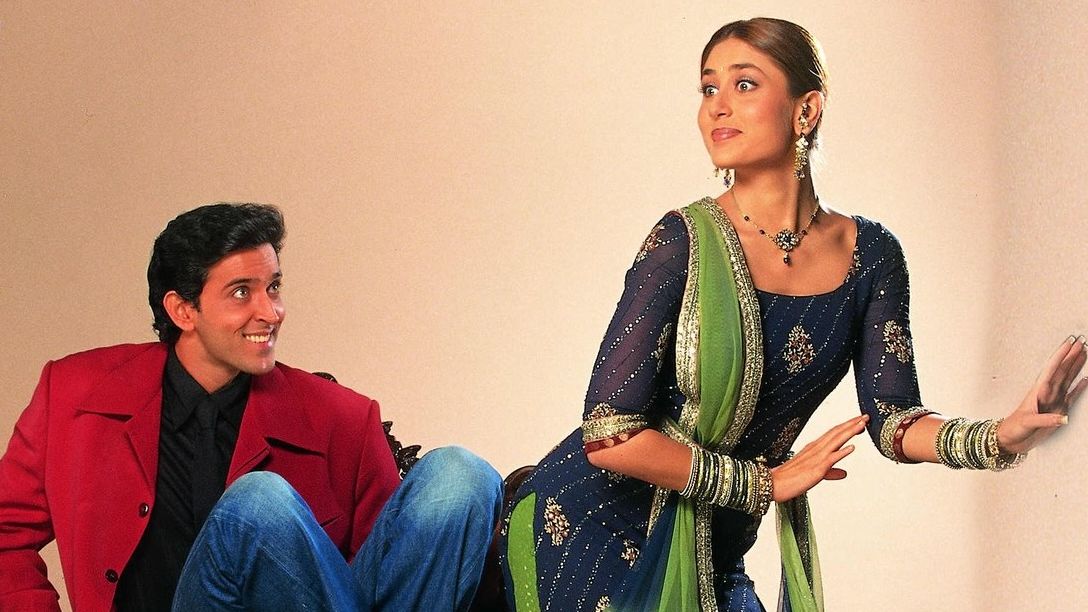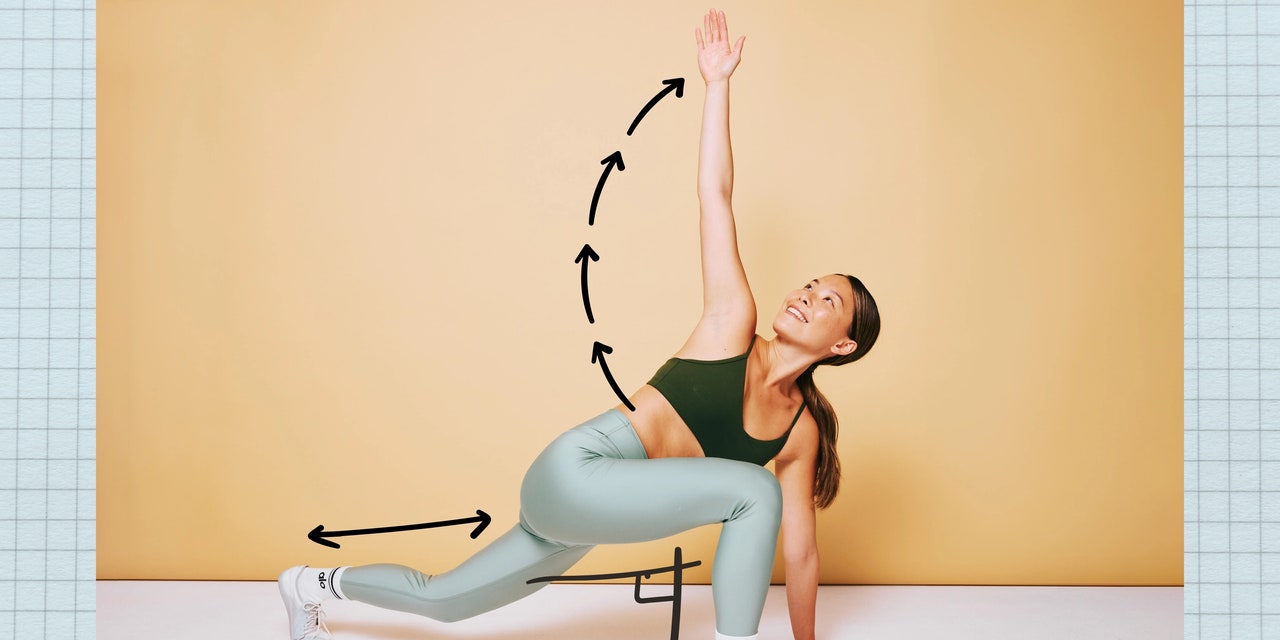Blog
How being “too much” became every woman’s greatest sin

As meme-able as her one-liner has become, this moment hit differently for me (and anyone else who’s been branded “sensitive and intense”). For as long as I can remember, my unapologetically bold energy, notoriously loud voice and tendency to cry easily (whether from mild office stress or a sad animal video) have been met with shame and judgment. Calm down. Stop being so extra. You’re…a lot. In dating, I’ve often found myself in Amaya’s shoes—falling fast, craving affection and blurting out “What are we?” long before it’s considered socially acceptable.
So like anyone who’s been told they’re too much, I tried to be less—or a version of myself that seemed “easier” for the world to handle. I learned to bite my tongue and quiet my laugh, all in the name of taking up less space. I wasted years playing dating mind games that would prevent me from coming off “too strong,” like waiting an hour to open a text. I pretended to be low maintenance, chill and unbothered when really, I’ve always just been a small girl with big feels.
But who decided that stoicism equals strength and that softness is something to hide? Or that it’s “clingy” to ask for words of affirmation, yet confident to act like you don’t care?
The idea that expressing emotion is somehow weak or inappropriate is a misogynistic myth designed to keep us small, says Sabrina Romanoff, PsyD, a New York-based clinical psychologist. “There’s a cultural double standard. What’s called ‘passion’ in men is labelled ‘too much’ in women.” We’re praised for being caring, warm and vulnerable, but only until those same qualities make someone else uncomfortable. Show affection early on and suddenly you’re clingy and desperate. Tear up in public and you’re hysterical, messy and overdramatic.
This tired conversation isn’t just playing out on Love Island. The “messy,” emotional heroine is making a broader comeback on our screens, as Lena Dunham’s new Netflix show (yes, aptly titled Too Much) proves. In it, we meet a heartbroken New Yorker who’s chaotic, unhinged and wildly unfiltered—many of the same qualities that once made Dunham’s iconic Girls character, Hannah, so polarising. Yet Too Much has already received rave reviews from the likes of The New Yorker. Perhaps after the whiplash of Girls, Dunham is signalling she’s in on the joke: Being too much isn’t an insult. In fact, Dunham poses with her new show, it’s realistic, wonderful and, dare we say, likeable to feel it all.


